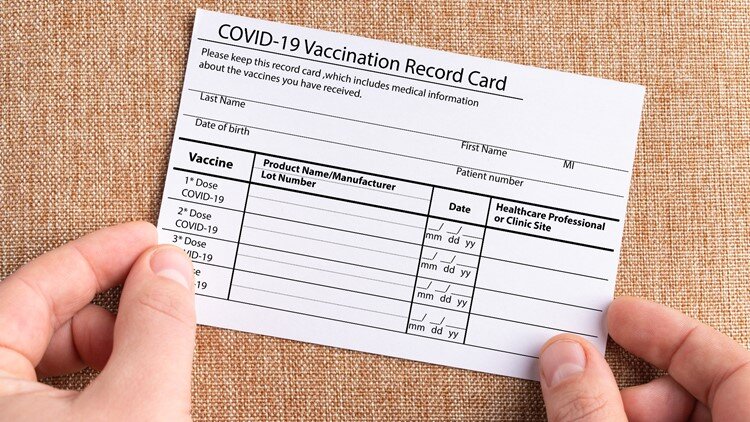Many employers contract with PEO companies to outsource their payroll and other administrative duties. Those companies may go so far as to assist in hiring and firing, in addition to running payroll and providing benefits. As a result, in employment litigation, the question can often become: who exactly employed the individual? The company? The PEO? Both?
The answer may not be as obvious as you may think. Whether PEOs and other “secondary” entities should be held responsible for the unlawful actions of the business the employee dealt with day-to-day has been a subject of debate in the legal community for decades. Technically, the term is “joint employment.”
While courts have endeavored to provide guidance as to what exactly makes two entities “joint employers,” the results are not consistent from location-to-location. But today, the National Labor Relations Board (“NLRB”) approved a Final Rule on what makes a “joint employment” relationship, providing some clarity and uniformity to the joint-employment analysis. In discussing the new rule, it stated:
The proposed rule provided an illustrative, rather than exclusive, list of essential terms and conditions of employment. The Board has modified this definition, for the reasons discussed below and in response to comments, to provide an exhaustive list of seven categories of terms or conditions of employment that will be considered “essential” for the purposes of the jointemployer inquiry. These are: (1) wages, benefits, and other compensation; (2) hours of work and scheduling; (3) the assignment of duties to be performed; (4) the supervision of the performance of duties; (5) work rules and directions governing the manner, means, and methods of the performance of duties and the grounds for discipline; (6) the tenure of employment, including hiring and discharge; and (7) working conditions related to the safety and health of employees.
The link to the Rule is here.
Technically, the standards only apply to cases involving the National Labor Relations Act (“NLRA”), a law which, generally speaking, addresses unions in the private sector. Nevertheless, this Rule will no doubt prove highly influential in other areas of employment law, as well.
TLDR: Your employer may be more than just the company for whom you perform work. And, bonus content: under the NLRA it’s also unlawful for employers to tell you not to talk about your wages with your co-workers. The more you know!








